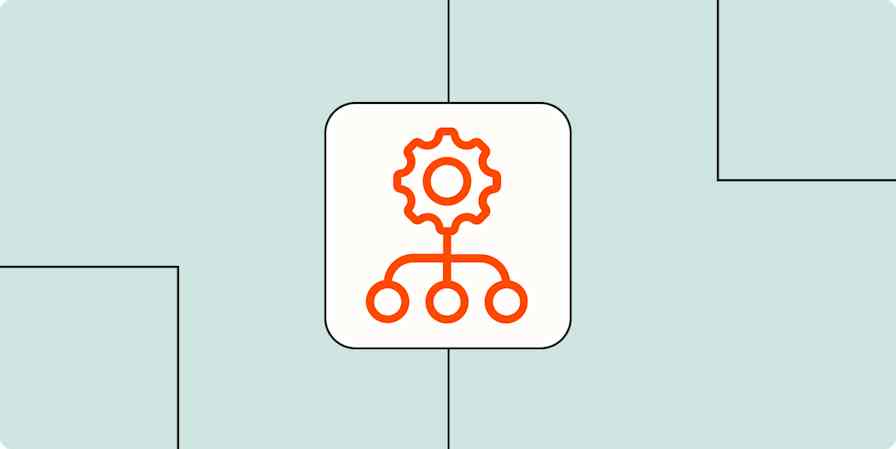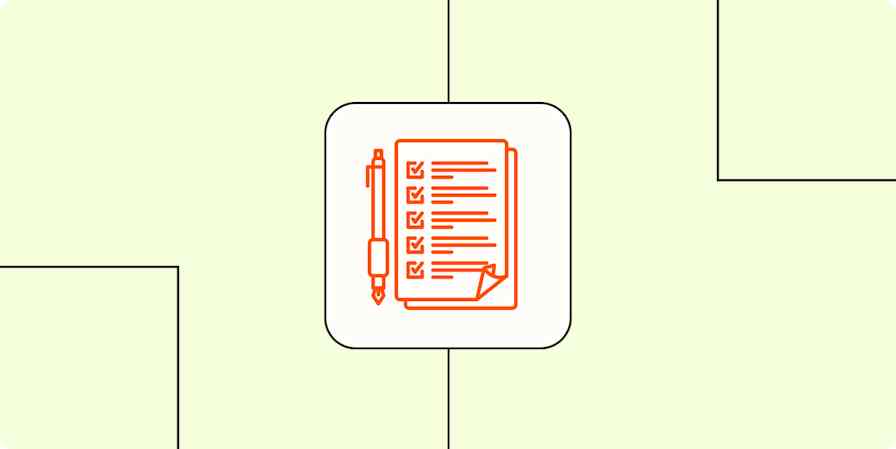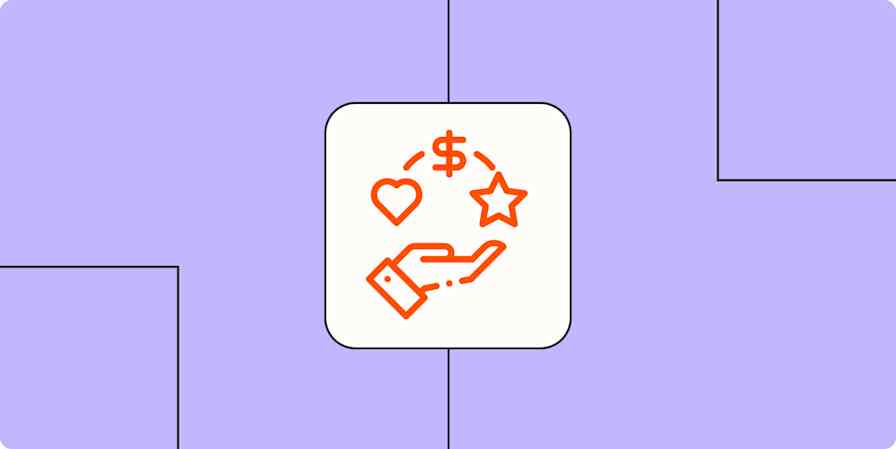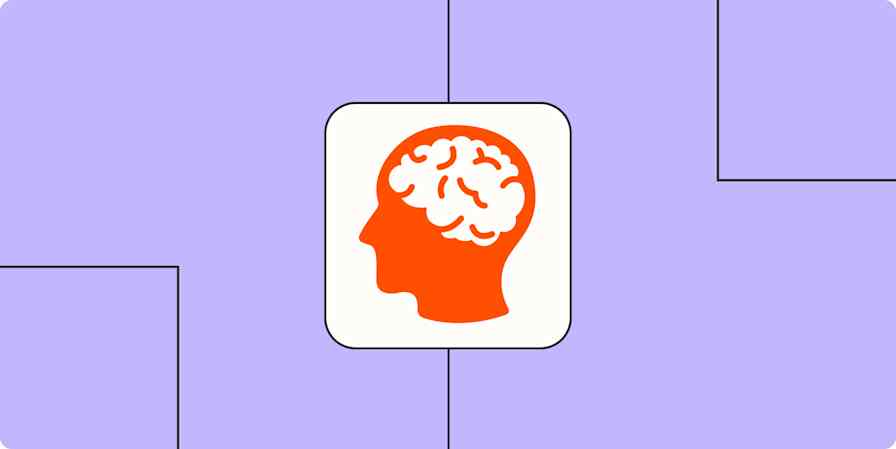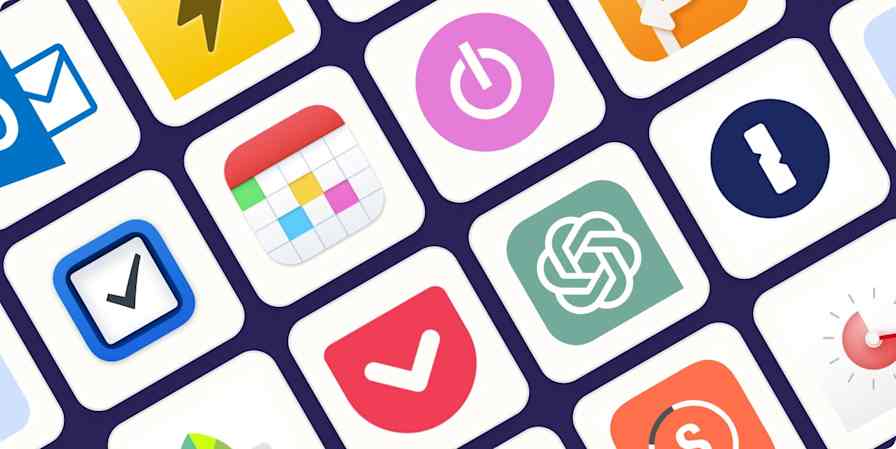Productivity tips
4 min readStop doomscrolling: 6 better ways to spend a 15-minute break on your phone
By Elisa Silverman · September 10, 2021

Get productivity tips delivered straight to your inbox
We’ll email you 1-3 times per week—and never share your information.
Related articles
Improve your productivity automatically. Use Zapier to get your apps working together.

